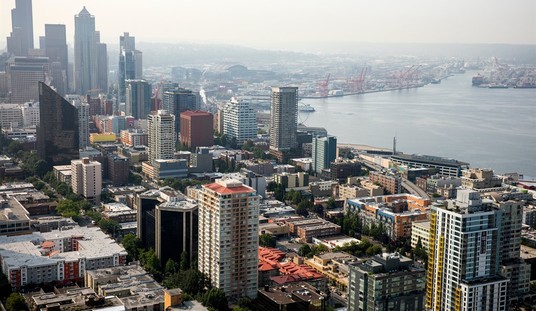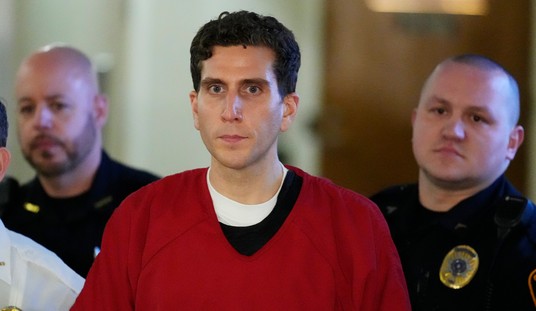How has Joe Biden’s “Recovery Summer” public-relations campaign worked so far? We’re halfway through summer, and consumers have definitely reacted … but not in the way Biden and Barack Obama planned. Confidence has dropped again, below analysts’ expectations:
Americans’ confidence in the economy eroded further in July amid worries about a job market that has proven stubbornly stagnant. The report raised concerns about the overall economy and the back-to-school season.
The Conference Board, a private research group, said Tuesday that its Consumer Confidence Index slipped to 50.4 in July, down from the revised 54.3 in June. Economists surveyed by Thomson Reuters expected 51.0. The decline follows last month’s nearly 10-point drop, from 62.7 in May, which marked the biggest since February, when the measure also fell 10 points.
The second straight month of declining confidence follows three months of increases. …
One component of the Consumer Confidence Index, which measures how people feel now about the economy now, declined to 26.1, from 26.8. The other barometer, which measures respondent’s outlook over the next six months, declined to 66.6, from 72.7 last month.
In fact, the news from the Conference Board was entirely gloomy, as stated in its press release:
Those saying conditions are “bad” increased to 43.6 percent from 41.0 percent, however, those saying business conditions are “good” increased to 9.0 percent from 8.4 percent. Consumers’ appraisal of the job market was also more negative. Those claiming jobs are “hard to get” increased to 45.8 percent from 43.5 percent, while those saying jobs are “plentiful” remained unchanged at 4.3 percent.
Consumers’ short-term outlook also deteriorated further in July. The percentage of consumers expecting an improvement in business conditions over the next six months decreased to 15.9 percent from 17.1 percent, while those anticipating conditions will worsen rose to 15.7 percent from 13.9 percent.
Consumers were also more pessimistic about future job prospects. Those expecting more jobs in the months ahead decreased to 14.3 percent from 16.2 percent, while those anticipating fewer jobs increased to 21.1 percent from 20.1 percent. The proportion of consumers expecting an increase in their incomes declined to 10.0 percent from 10.6 percent.
The White House has tried massive government spending to stimulate growth, and it hasn’t worked. They tried gimmicks to create short-term spikes to fool people into thinking that prosperity was just around the corner; that failed miserably in the auto and housing markets. They had nothing left but sloganeering, and no one’s buying Recovery Summer, literally and figuratively.
The real issue is jobs. This economy isn’t creating the kind of massive numbers of new jobs necessary to dig us out of the hole, mainly because investors don’t know what kind of taxes and costs will be associated with investment and risk. Democrats continue to push for tax hikes on those holding capital, which means that they will shelter it rather than try to derive more income from it, at least in the short run. Until the environment improves for investors, new jobs will continue to be scarce, and consumers aren’t going to get jollied into confidence.








Join the conversation as a VIP Member